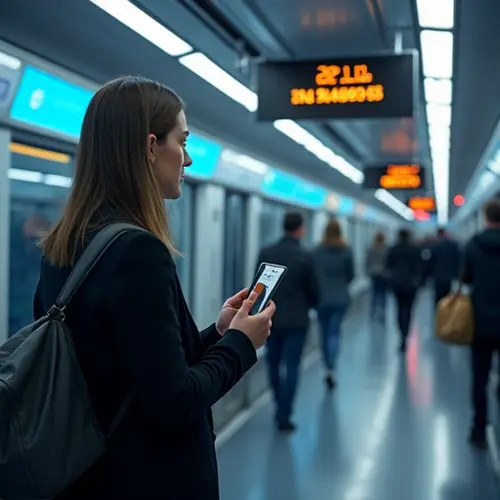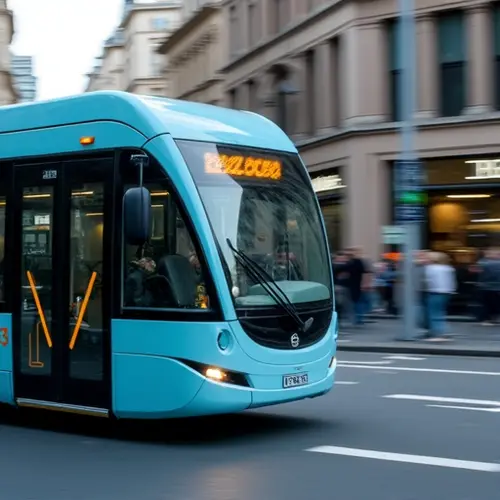Smart transport systems are revolutionizing urban mobility, offering efficiency and convenience. However, the collection and use of passenger data raise significant privacy concerns. Cities worldwide are adopting intelligent transportation systems (ITS) to manage traffic, reduce congestion, and enhance safety. These systems rely on technologies like automatic number plate recognition, CCTV surveillance, and real-time data analytics.
While ITS promises smoother commutes, the misuse of passenger data is a growing issue. Reports highlight instances where personal information, such as travel patterns and payment details, has been exploited or inadequately protected. The European Union's Directive 2010/40/EU outlines standards for ITS, but enforcement varies, leaving gaps in data security.
Experts warn that without robust safeguards, the benefits of smart transport could be overshadowed by privacy risks. Public trust is eroding as incidents of data breaches and unauthorized surveillance surface. Advocates call for stricter regulations and transparency to ensure passenger data is handled responsibly.
For now, travelers are advised to stay informed about data policies and exercise caution when using digital ticketing or sharing personal information on public transport networks.

 Nederlands
Nederlands
 English
English
 Deutsch
Deutsch
 Français
Français
 Español
Español
 Português
Português










